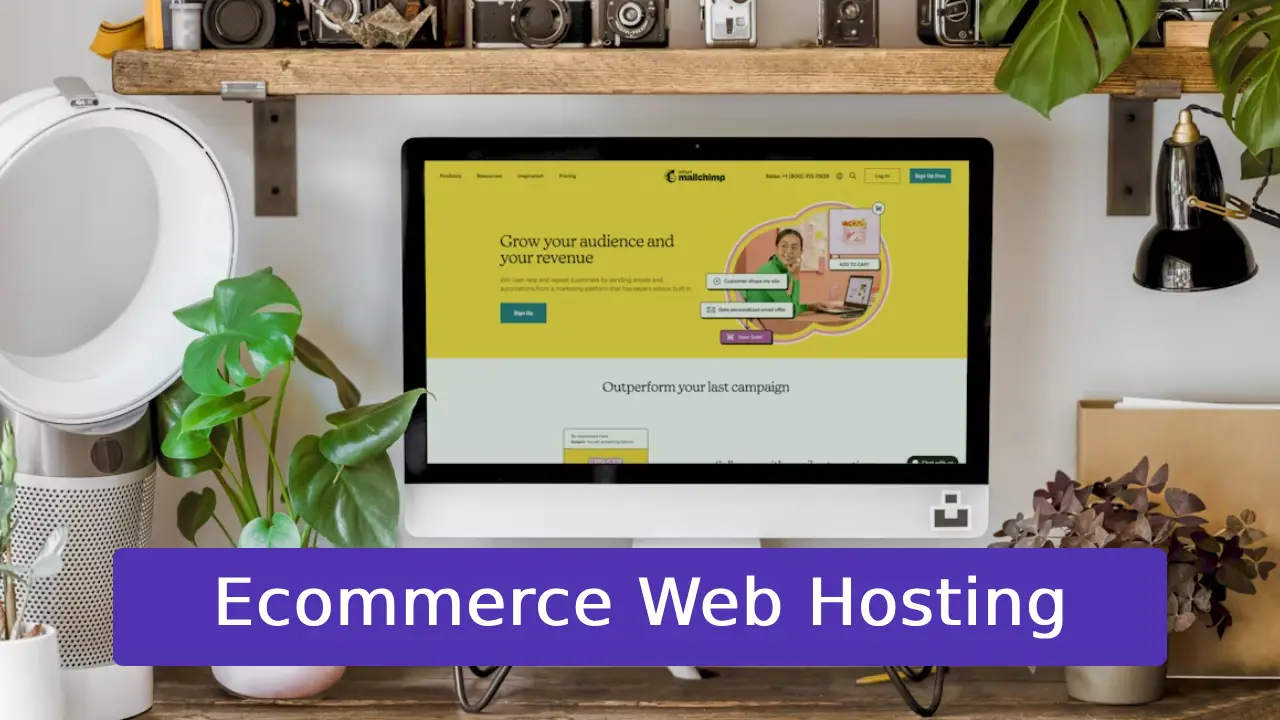Launching a thriving online store starts with one critical foundation: ecommerce web hosting that’s built for business. Unlike standard hosting, specialized ecommerce solutions handle transaction security, traffic spikes, and complex product catalogs seamlessly. Choosing the wrong host can mean lost sales, security breaches, and frustrated customers. Let’s explore what makes a platform truly “online store-ready.”
What is Ecommerce Web Hosting?
Ecommerce web hosting provides server environments optimized for online stores. It includes tools for inventory management, payment processing, and customer data protection. Standard shared hosting often lacks the resources for smooth checkout experiences during traffic surges. Dedicated ecommerce hosting ensures your store remains fast, secure, and reliable 24/7.
7 Non-Negotiable Features of Robust Ecommerce Hosting
1. Ironclad Security & PCI Compliance
Payment Card Industry (PCI) compliance isn’t optional—it’s mandatory for processing credit cards. Your ecommerce web hosting must include:
- Free SSL certificates to encrypt data
- Regular security patches
- Firewalls and malware scanning
- Secure FTP access
Sites like Shopify automate PCI compliance, while WooCommerce users need hosts like SiteGround that offer dedicated compliance tools.
2. Scalability for Growth Spikes
Black Friday sales or viral products shouldn’t crash your store. Look for:
- One-click resource upgrades (RAM, CPU)
- Content Delivery Networks (CDNs)
- Auto-scaling during traffic surges
Providers like Cloudways let you scale server resources instantly without downtime.
3. Blazing-Fast Performance
Slow loading times increase cart abandonment by 70%. Prioritize hosts offering:
- NVMe SSD storage
- PHP 8.0+ optimization
- Built-in caching (Varnish, Memcached)
- Global data centers
For Magento stores, platforms like Nexcess deliver tuned performance for complex catalogs.
4. 99.9% Uptime Guarantees
Every minute of downtime costs sales. Ensure SLAs (Service Level Agreements) cover:
- Server redundancy
- DDoS protection
- Proactive monitoring
5. Platform-Specific Optimization
- WooCommerce Hosting: Requires PHP support, MySQL databases, and WordPress staging environments (e.g., Kinsta).
- Magento Hosting: Demands high RAM, Elasticsearch, and Varnish caching (e.g., A2 Hosting).
- Shopify Alternatives: Self-hosted solutions like OpenCart need robust LAMP/LEMP stack support.
6. Ecommerce-Specific Backups
Daily automated backups with one-click restoration protect against data loss. Look for:
- Off-site backups
- Point-in-time recovery
- Pre-update backup automation
7. Integrated Payment Gateways
Your host should simplify integrations with PayPal, Stripe, or Square. Avoid manual certificate installations—opt for hosts with pre-configured gateway support.
Choosing Your Ecommerce Host: Key Considerations
| Factor | Why It Matters | Ideal Solution |
|---|---|---|
| Traffic Volume | High traffic needs dedicated resources | Cloud hosting or VPS |
| Budget | Balance features vs. cost | Managed WooCommerce hosting for SMBs |
| Technical Skill | Limited IT resources? | Fully managed solutions |
| Platform | Magento vs. BigCommerce | Hosts specializing in your CMS |
Top providers like Liquid Web offer specialized plans for platforms like WooCommerce, including pre-installed plugins for shipping and taxes.
Beyond Hosting: Boosting Your Store’s Success
Pair your ecommerce web hosting with these strategies:
- Speed Optimization: Compress images using ShortPixel and enable browser caching.
- SEO: Use schema markup for products to enhance Google visibility.
- UX: Implement one-page checkouts and guest purchasing.
Final Thoughts: Hosting as Your Growth Engine
Ecommerce web hosting isn’t just server space—it’s your store’s operational backbone. Prioritize security, scalability, and platform alignment to build customer trust and drive conversions. Start with a free trial from hosts like Hostinger to test performance before committing.
Ready to launch? Explore our comparison of top ecommerce hosting providers to find your perfect match.

